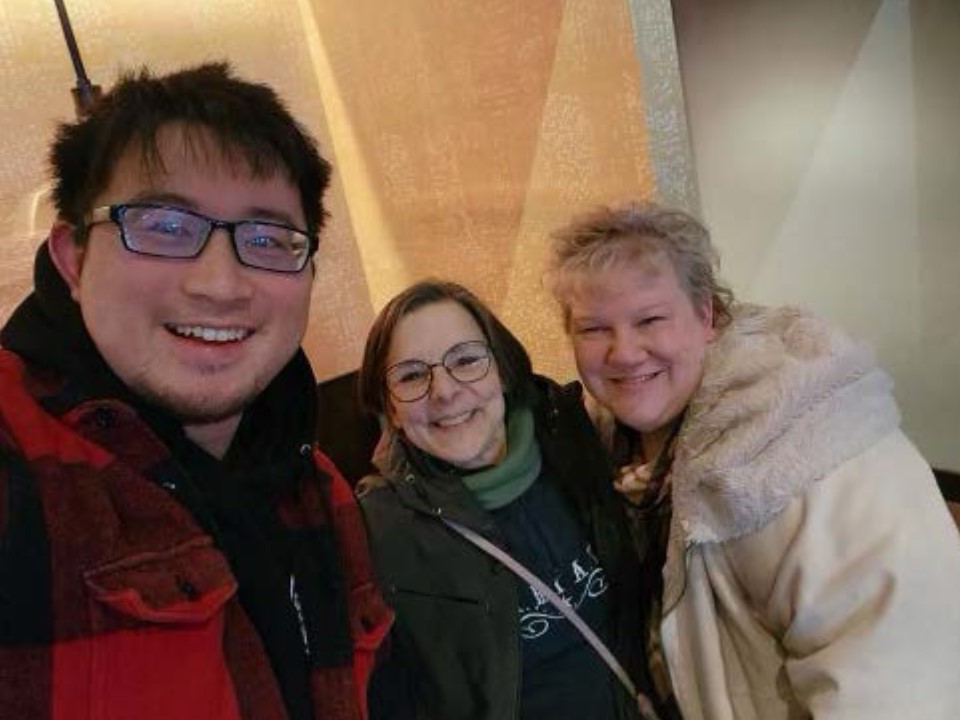Exercise Science Student Views about Implementing Physical Activity with Older Adults: Implications for Experiential Learning Experiential learning gives students a way to implement and assess their exercise and prescription skills in an authentic setting, working directly with older adults.
Main Article Content
Abstract
Exercise science career readiness requires skills to implement therapeutic exercise with chronic disease patients. This study sought to expose students to experiential scenarios working directly with older adults. Q methodology, designed to scientifically explore viewpoints, along with the Q sort data collection was used to determine and describe students’ views of their experiences. Researchers were interested in understanding students perceived benefits and barriers to experiential learning. Students participated in five physical activity sessions working directly with older adults then completed the Q sort. The analyses revealed two distinctive student views about the experiential learning intervention: Clinical Practitioners and Fitness Practitioners. Both factors demonstrated consensus the learning opportunity was beneficial for clarifying students’ career ambitions and strengthening their confidence working with older adults. Overall, the experiential learning intervention provided an opportunity for student implementation of exercise assessment and prescription skills in an authentic setting.

